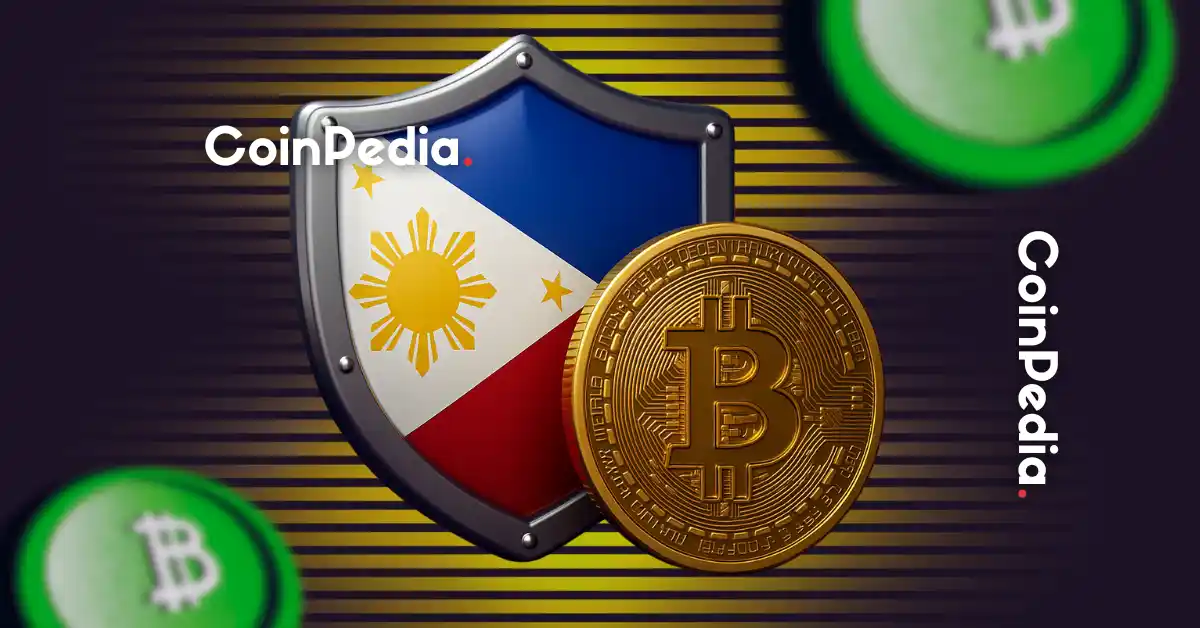
The Philippines has introduced a comprehensive framework for the Regulatory Requirements and Considerations for Listing Cryptocurrency Tokens, establishing a twin-regulator model to govern token activities, licensing, and investor protections. The framework sets clear rules for token classification, VASP licensing, and key compliance obligations.
The new framework adopts a dual regulatory approach, with both the Bangko Sentral ng Pilipinas (BSP) and the Securities and Exchange Commission (SEC) playing crucial roles:
The regulatory framework incorporates several legal provisions affecting token issuance and operations:
VASPs operating in the Philippines must secure BSP approval and comply with strict requirements:
The framework imposes heavy penalties for failing to meet regulatory standards:
The Philippines’ new crypto token listing framework sets a clear regulatory pathway for token classification, VASP licensing, cross-border trading, and exchange compliance. It emphasizes investor protection, tax clarity, and enforcement of cybersecurity and data privacy, positioning the country as a proactive crypto-regulatory hub in Southeast Asia.
Crypto assets are treated as property. Capital gains tax can be up to 6%, while income and business taxes apply to crypto earned through staking, mining, or payments.
The Bangko Sentral ng Pilipinas (BSP) oversees Virtual Asset Service Providers (VASPs), while the Securities and Exchange Commission (SEC) regulates tokens classified as securities.
Yes, the Philippines is generally considered crypto-friendly. It has a progressive regulatory framework with a twin-regulator model, high crypto adoption, and a positive government outlook towards digital assets.
Vitalik Buterin sold 8,827 ETH worth $18.45 million over the past week. Ethereum dropped after…
Bitcoin has now fallen below $64,000, adding fresh pressure to an already fragile market structure.…
The crypto market took a sharp hit overnight, with Bitcoin falling below $65,000 and triggering…
Michael Saylor, the CEO of software company Strategy, has affirmed that quantum computers pose negligible…
Bitcoin (BTC) dropped below $64,000 on February 23 at 20:15 UTC to trade at $63,950,…
US President Donald Trump is reportedly coordinating efforts with Israeli officials and tech specialists to…